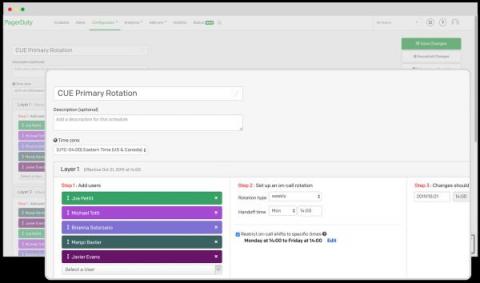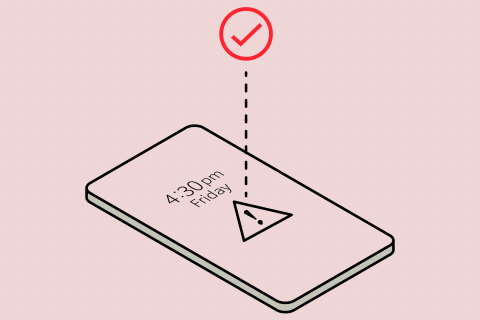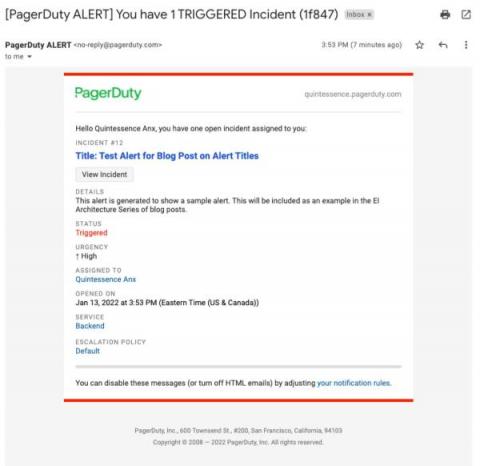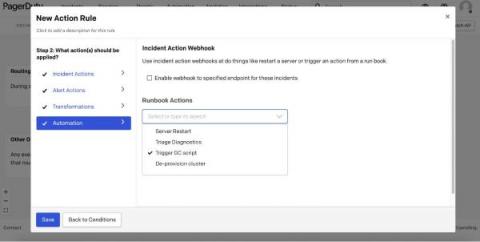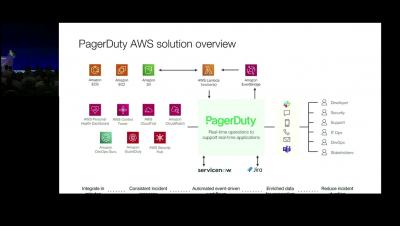Operations | Monitoring | ITSM | DevOps | Cloud
PagerDuty
SauceLabs & PagerDuty Notifications Channel for API Tests & Monitors
Now You can Invoke PagerDuty Rundeck Actions Within the PagerDuty Slack Integration
Last year, we released PagerDuty Rundeck Actions, a PagerDuty add-on product that connects responders to automated diagnostics and remediation for common problems directly in the PagerDuty incident response workflow. After working with our customers and listening to the community, we are excited to announce that PagerDuty Rundeck Actions now integrates with PagerDuty’s Slack integration.
Top tips to make Round Robin Scheduling successful for your team
You may have heard of Round Robin Scheduling before and thought to yourself, is this right for my team? Understanding how Round Robin Scheduling can be used and what teams it works best for is important when considering this method of on-call. Additionally, it comes with some pitfalls you’ll want to avoid, as well as best practices to adopt. In this blog post, we’ll share everything you need to know about Round Robin Scheduling within PagerDuty and how to get started.
What's New: Updates to Event Intelligence, On-Call Management, Automation, Mobile, and More!
We’re excited to announce a new set of updates and enhancements to the PagerDuty platform. Recent updates from the product team include On-Call Management, Event Intelligence, and Mobile Products, to PagerDuty Community & Advocacy Events.
Intelligent Service Design
Hello and welcome to the fourth post in our EI Architecture series focusing on Intelligent Alert Grouping. Previously we have talked about how to train Intelligent Alert Grouping using incident merges (here) and how to configure your alert titles to improve default matching. In this post, we’re going to cover how service design can also impact your experience with Intelligent Alert Grouping as well as the PagerDuty app in general.
Training Intelligent Alert Grouping
We’re continuing on with our third piece about how to utilize and improve your Intelligent Alert Grouping (IAG)! In case you missed it, the first two blog posts describe the feature (here) and explain how it uses merging to group alerts (here). We alluded to today’s post at the end of last: today we’ll be discussing how to use alert titles to improve IAG matches.
Using Event Orchestration to reduce noise and trigger next best action
We often hear from customers that they’re dealing with unmanageable levels of noise and complexity, which makes it harder to pinpoint root cause and get to resolution quickly. All this effort spent on sifting through noise, processing events, and gathering context results in a lot of wasted time. That’s why we’ve launched Event Orchestration, which became generally available to our Event Intelligence and Digital Operations customers on Monday.





